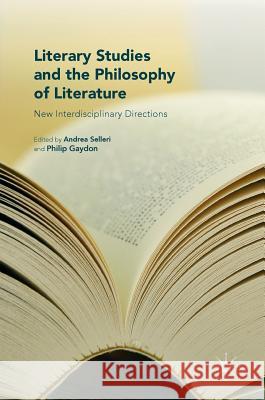Literary Studies and the Philosophy of Literature: New Interdisciplinary Directions » książka
topmenu
Literary Studies and the Philosophy of Literature: New Interdisciplinary Directions
ISBN-13: 9783319331461 / Angielski / Twarda / 2016 / 290 str.
Kategorie BISAC:
Wydawca:
Palgrave MacMillan
Język:
Angielski
ISBN-13:
9783319331461
Rok wydania:
2016
Wydanie:
2016
Ilość stron:
290
Waga:
5.00 kg
Wymiary:
21.0 x 14.8
Oprawa:
Twarda
Wolumenów:
01
Dodatkowe informacje:
Bibliografia
Wydanie ilustrowane
Wydanie ilustrowane











